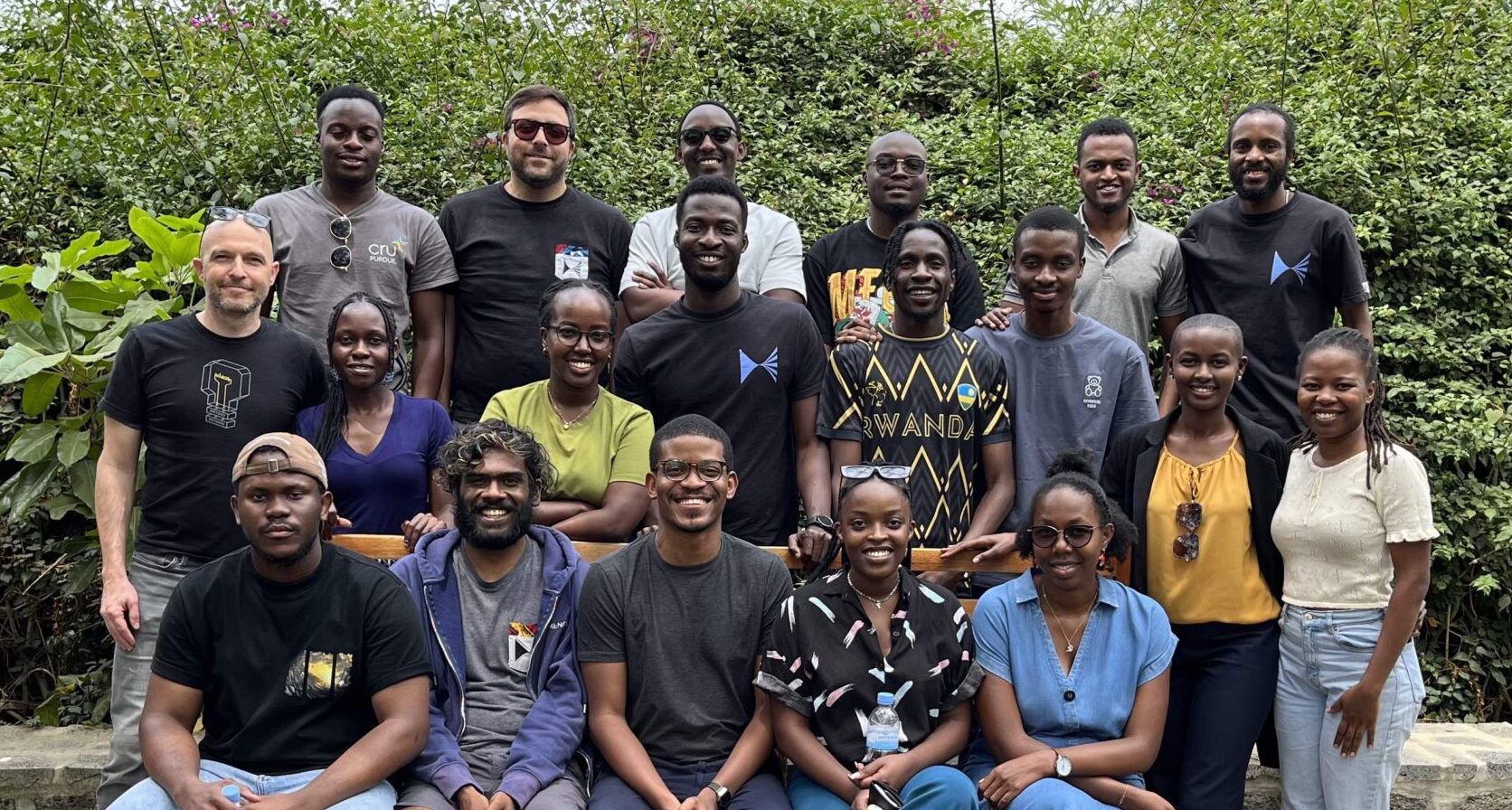From Russia — With Lawyer Sanctions
What’s most interesting is that lawyers from Jones Day, Morgan Lewis, DLA Piper, Cooley, and other major firms are now forbidden from entering Russia — for life.
In a little-noticed act, Russia indefinitely banned over 1,000 U.S. citizens from entering the country a couple weeks ago. In a big departure from traditional sanctions tit-for-tats, many of them were lawyers.
Why did this happen? And how will it affect the practice of law?
President Joe Biden and Vice President Kamala Harris — both JDs — and many members of Congress with law degrees find themselves on this list. But that’s purely political. So must be the inclusion of Sens. Harry Reid and Orrin Hatch, both of whom were lawyers. But also both of whom are no longer actually alive.
What’s more interesting is that lawyers from Jones Day,Morgan Lewis,DLA Piper, Cooley, and other major firms are now forbidden from entering Russia — for life.
Kevin Wolf at Akin Gump immediately posted on Linked In that he was “Honored to have been sanctioned by the Russian government!” brushing off its implications by telling me “Since I don’t have a dacha and I don’t do work for Russian clients, it has no impact on me personally or professionally.”
Maybe that’s true on a personal level but if lawyers are increasingly in the cross-hairs, that could have seismic effects.
Lawyers often occupy a special place in adversarial global relationships and are treated like diplomats in these types of spats. That is to say, diplomats and lawyers are usually spared sanctioning as recognition that their roles are required to keep international relations functioning. But not in this case.
“There is something new here and there does seem to be a perhaps unprecedented mass sanctioning of lawyers,” John Bellinger III told me. Something so new that Bellinger, who used to be the State Department’s top lawyer and now heads the Global Law and Public Policy practice at Arnold and Porter, hadn’t suspected his own inclusion on the list until I pointed it out to him.
But why lawyers and why now? As Bellinger and I discussed, it’s unlikely to have been because someone in the Kremlin said to go after them and more because its the lawyers whose names end up on sanctions orders, regulations, and court cases, and often they are trotted out to publicly justify political actions. So, they are bearing the downside fallout of the clients they represent because their fingerprints are all over controversial actions.
It makes sense that if your “client” is the U.S. government, and Russia and the U.S. are engaged in a tit for tat, that you would be dragged in. But this list goes well beyond that.
For instance, Leon Spies, an Iowa City criminal defense lawyer was on the list along with Judge Patrick Grady, who presided over a trial that Spies won. Spies told me he suspects it was this case, where he was defending an Iowan father whose Russian-born adopted son died due to head trauma, which earned “this dubious distinction,” as he called the travel ban.
Now that’s something very different. That’s a signal to the legal establishment that a foreign country is watching the work they do in private practice and extracting a price for representations it finds offensive.
Many on the list may brush off the sanction as they had no plans for Spring Break in Sochi. But the reality is that these types of lists provide a ready set of individual and firm targets for exploitative attack by cyber operatives working in favor of Russia. As Gillian Power, who served for a decade as chief information officer at law firm Lathrop GPM, wrote on social media to one of the sanctioned lawyers “I do feel for your firm’s information security team.”
This time it’s Russia, but once the glass is broken on targeting lawyers, other countries could follow suit to perpetuate their prerogatives. That type of pressure could send a chill through the legal system when combined with the fact that lawyers are increasingly in the spotlight for unpopular representations.
For instance, I wrote last week that a member of Congress was seeking to ban British lawyers from major firms from the U.S. because of the work they had done for Russian oligarchs. And any member of the U.S. legal establishment that has political aspirations is increasingly careful about whom they choose to represent for fear that they wouldn’t achieve Senate confirmation.
This is all not to mention that in-house teams are increasingly scrutinizing the alignment of their counsel with their corporate values. With law firm data breaches on the rise, I wouldn’t be surprised if corporate legal departments have sharp opinions about their external counsel winding up on lists like these. And, of course, being restricted from Russia could be problematic should a corporation’s interests require their external counsel to access the country.
David Aufhauser, who served as general counsel at UBS and the U.S. Treasury Department, replied to my questions about landing on the list with a quote from the founder of Williams and Connelly, Edward Bennett Williams: “Some of the cases you most remember are those that you declined.”
With Russia’s latest move, foreign pressure can be added to the list of factors lawyers may now consider when accepting or declining a case.



